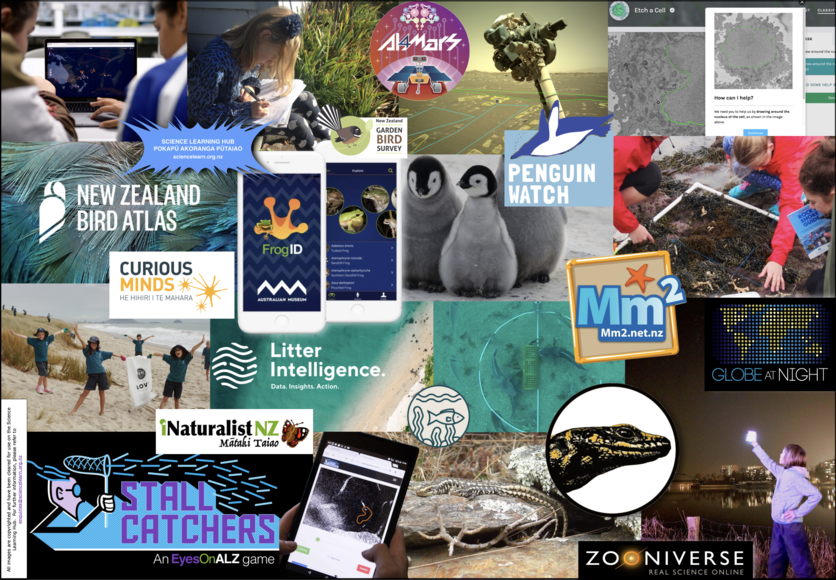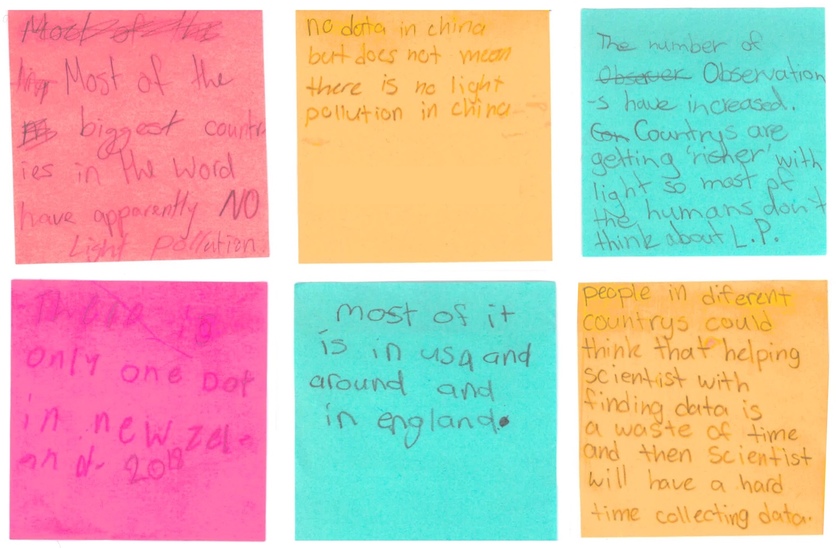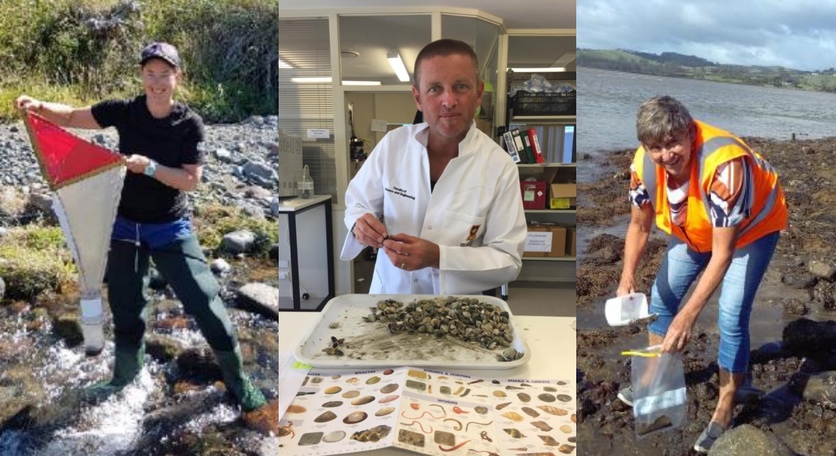Globally and locally, the number of opportunities to be involved as citizen scientists continues to grow, and teachers are using these projects to make science education more relevant and engaging and to develop students’ science capabilities.
The Science Learning Hub features a wide range of online citizen science (OCS) projects under the Citizen science section – this article aims to help you make the most of them.
Types of projects
Some provide a hands-on experience for students such as Wild Sourdough where students use microbes to make bread. Others are online only – for example, in Stall Catchers, students help scientists to research the connection between brain blood flow, Alzheimer’s disease and potential cures. There is a wide range projects that you can use with your ākonga.
Reach
The citizen science projects we feature in our Citizen science section are varied in reach ranging from projects with an Aotearoa New Zealand-only focus such as the annual New Zealand Garden Bird Survey to international projects such as Litterati.
Involvement in collecting data for projects such as Backyard Battle can contribute towards research and policy decisions in Aotearoa. Counting and identifying fish species for Spyfish Aotearoa will help the Department of Conservation to determine the effectiveness of the marine reserves in Aotearoa and inform future marine management and ways to protect our taonga marine species as well as helping students to be active, engaged citizens.
Some projects have a narrower regional or a species focus – for example, Kea Database is a great project if you live in the mountainous parts of the South Island or are planning a school trip there.
Many of the projects are international and can be done any time. Help your students have a global impact with these projects:
- Infection Inspection – antibiotic resistance (AMR) is a growing global health issue, and this OSC project needs help to develop a faster test for antibiotic resistance by looking inside bacteria that have been treated with antibiotics.
- Globe at Night is an international campaign to raise public awareness of the impact of light pollution.
When to participate
For some projects, timing is everything. How Deep Is Your Snow? is a great winter project, but others such as the New Zealand Garden Bird Survey only run once a year for just a week. Projects tagged under the night sky topic would be better to do when it’s darker earlier, while others can be done any time of the year. With all these projects in one handy place, you can plan ahead and, by including some of our related activities, expand on the learning.
Using the citizen science filters
On the Citizen science landing page, we have set up two ways to filter projects – by topics and by science capabilities.
The topics are specific to the online citizen science projects, for example, pollution. If you select more than one topic, it will show you all the citizen science projects under either topic – for example, this filter shows both animal classification and species distribution projects.
Citizen science supports the development of the science capabilities. You can filter by one or more of the five science capabilities or combine it with the topic filter, for example, disease and Interpret representations.
Find out more about the five science capabilities on the TKI website or in the Science capabilities in action recorded webinar. We created this collection to support educators using the science capabilities, it includes activities suitable for ākonga in the primary years.
Format of the OSC projects
The profiles on the OSC projects follow a standard format for easy use. Each includes an introduction to the project and provides information such as the project’s reach, notes on the key focus points for nature of science, science capabilities and science aspects and a list of suggested science concepts and possible learning outcomes. Each profile also includes links to wrap-around resources on the Hub and useful links to other websites.
Using citizen science with your students
Planning for students to be citizen scientists is full of great advice for using online citizen science in your classroom. There are links to four case studies that provide examples of how four teachers embedded an OSC project into their primary science units.
Recorded webinar support
See our two-part webinar series to help make the most of integrating an OSC project within your science teaching and learning programme:
We’d love to hear how you have used a citizen science project with your students or maybe you know of one we’ve missed – please email us.
Finding other content
In addition to the online citizen science projects, we have a lot of other supporting content on citizen science – articles, activities, webinars and more. Links to relevant supporting content are added to each online project article but you can also browse the content under the citizen science topic.
Useful links
Check out the large collection of citizen science resources that we have curated in this Pinterest board.
See the Citizen Science Association of Aotearoa New Zealand (#CitSciNZ) website for lots of information on citizen science and projects in Aotearoa.
Discover more about the Participatory Science Platform, part of Curious Minds, by exploring the section on MBIE’s website or visit some the many stories we have on the Science Learning Hub.



